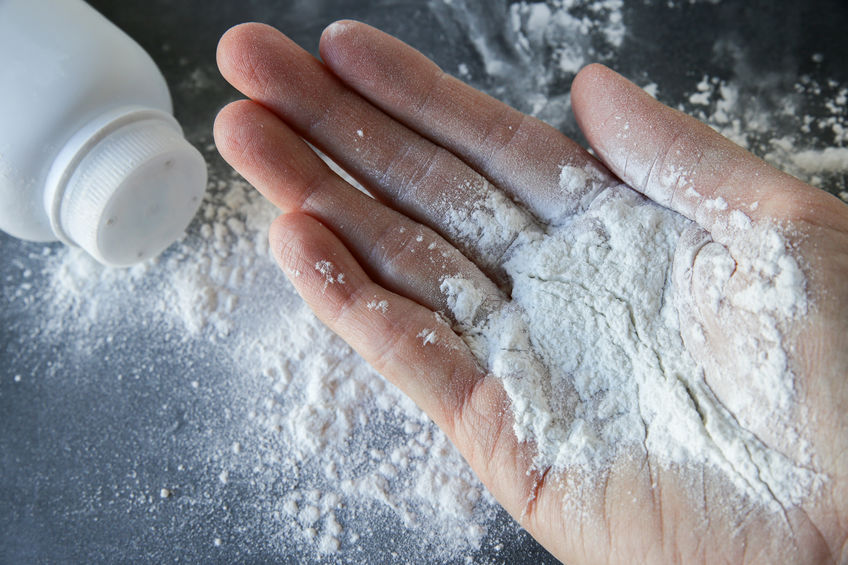Yes. There is a chance that your cancer is linked to the use of talc.
The Carlson Law Firm has more than 40 years of experience representing victims dealing with injuries that were the result of a company’s failure to warn of dangerous products. Contact an Ovarian Cancer Lawsuit Lawyer today to schedule a free consultation.






